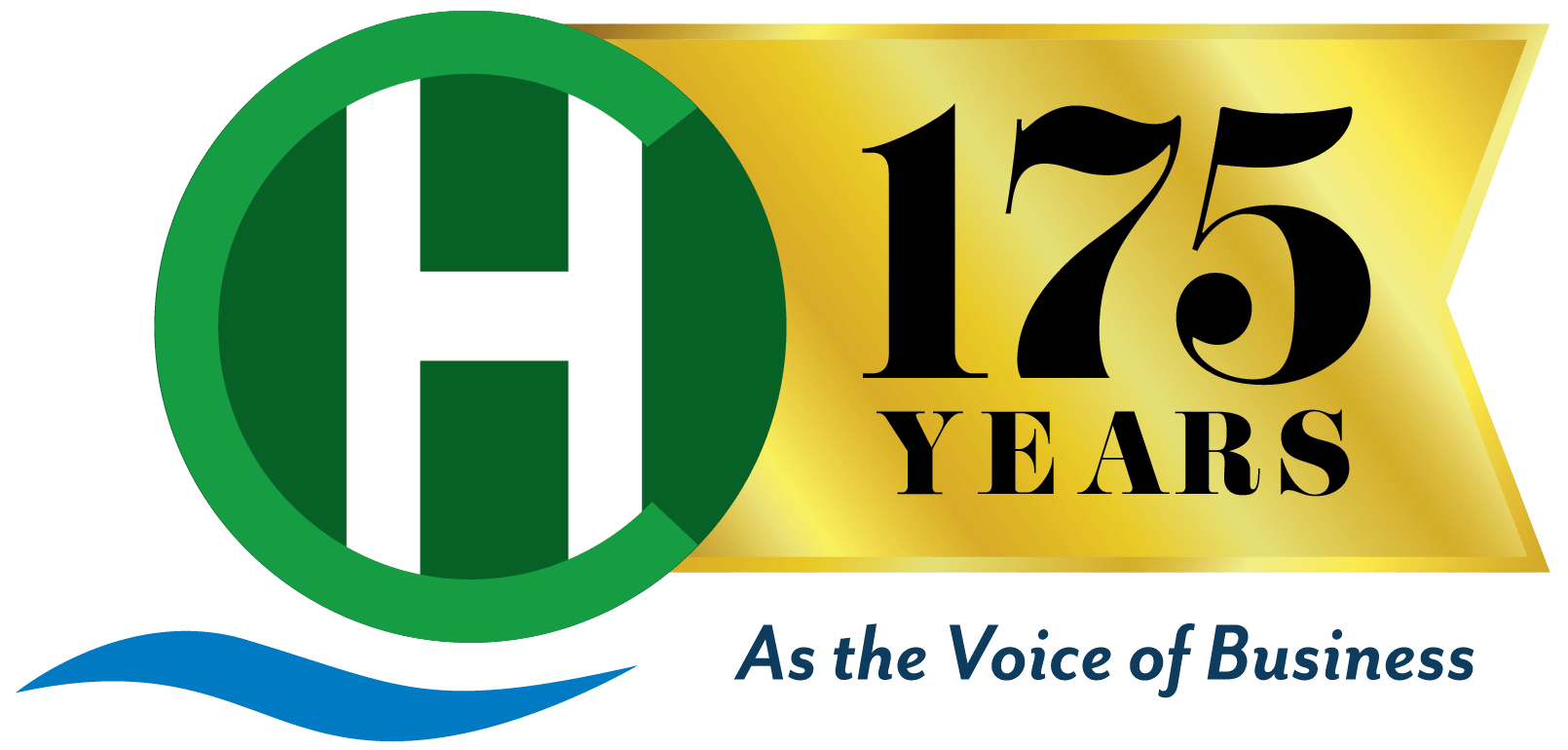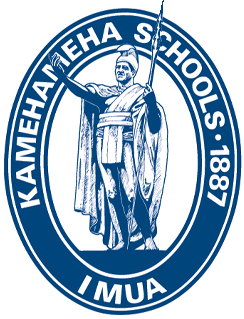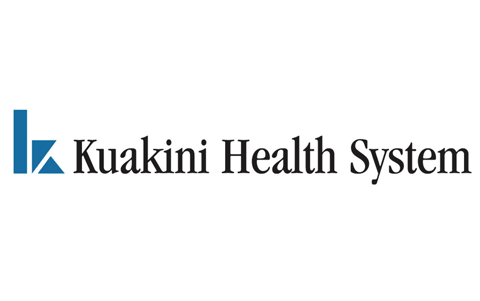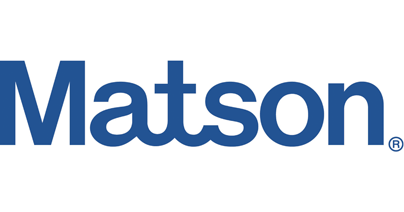Pacific Business News: Hawaii legislative leaders outline priorities at Chamber of Commerce event

January 30, 2025
By Christina O’Connor – Senior Digital Editor, Pacific Business News
Increasing affordable housing and strengthening workforce development are among top priorities for the 2025 legislative session, Hawaii legislative leaders told members of the Chamber of Commerce Hawaii.
Senate President Ron Kouchi, House Speaker Nadine Nakamura, and James Tokioka, director of the Department of Business, Economic Development and Tourism, participated in a panel discussion as part of the Chamber’s third annual State of Business event at the YWCA Oahu’s Café Julia in Downtown Honolulu.
“Everything is interconnected, and each has a direct result in impact on the next thing,” Kouchi said of the connection between workforce development and housing.
A few years ago on Kauai, for instance, he said that 23 new teachers were offered positions with the Department of Education.
“Eventually, all 23 called and had to decline the position because they couldn’t find housing,” he said, adding that the issue is not only applicable for education, but for employers across “every sector of our economy.”
“Workforce housing is top-of-mind for many of the representatives,” Nakamura said. “The overall thinking is that the cost of living in Hawaii is what makes it so difficult to make it and to want to stay here, and the biggest component of that cost is housing.”
To that end, she said that lawmakers are looking at various solutions this legislative session, including new funding to assist with the development of affordable housing.
Another related component, she said, is to increase support for the homeless population, including transitional housing for those with mental health issues and substance abuse issues, as well as veterans, young adults aging out of foster care, and individuals who were formerly incarcerated.
“We need to tie in not just the housing, but the wrap-around supportive services so these families and individuals can be successful in the long run,” she said.
Nakamura said childcare is another factor that contributes to the high cost of living, and she said lawmakers are looking to increase funding for universal preschool.
Kouchi also spoke about other legislative priorities he has centered around education, including expanding support for the University of Hawaii System and increasing the amount of locally sourced food served on DOE campuses. In turn, increasing local food at schools, he said, could also help bolster the economy by creating a more robust local agriculture industry — which lends itself to the larger goal of diversifying the economy.
During the discussion, Tokioka, a former state representative, said that when he started as director of DBEDT in 2023, recruiting and retaining employees was one of the main challenges he heard from businesses.
“We know that that is a focus that we need to work on,” he said during the panel. “… There are a lot of other answers around [how to improve] economic development, but if you don’t have employees, you’re not going to be successful in your business.”
He said that DBEDT has a number of initiatives designed to build the workforce, including partnering with local schools to develop curriculum across disciplines and expanding internship opportunities.
“We want to make sure we connect the workforce with places that they can go and learn … before they make decisions on what they are going to do after high school,” he said.
The Chamber’s State of Business panel marked the culmination of the organization’s Chamber Weeks 2025, which featured multiple events aimed at connecting the business community with legislators and engaging the public in the legislative process.
During Tuesday’s event, Chamber of Commerce Hawaii President and CEO Sherry Menor-McNamara also conducted a presentation on the Chamber’s 2030 Blueprint for Hawaii, an action plan it released last year that aims to help revitalize the state’s economy.
“Our Islands face challenges, but with these challenges come opportunities — unprecedented opportunities for growth, innovation and collaboration,” she said during the presentation.
The 2030 Blueprint outlines challenges — including outmigration, high cost of living, economic dependence on tourism, and lack of affordable housing — and puts forth opportunities to address them through upskilling the state’s workforce and diversifying the economy. Goals in the plan include reducing state taxes, promoting state-level regulatory reform for businesses, expanding housing, reducing out-migration of young Hawaii residents, expanding STEM education, and supporting growth in the tech and ag sectors, among other priorities.
The Chamber didn’t discuss specific bills it is supporting this legislative session during the event, but it did share a hand-out outlining its 2025 legislative agenda, which it says focuses on legislation that complements the 2030 Blueprint.
Here are a few bills that the organization is advocating for this session:
- House Bill 448 and House Bill 449 – Authorizes the Hawaii Technology Development Corp. to assist small businesses in adopting technology, with an emphasis on those in the tourism sector, and appropriates funding to support made-in-Hawaii products
- Senate Bill 992 – Encourages economic development in the digital economy, trade activities, and climate change mitigation, and appropriates funds to the Small Business Innovation Research Program, Manufacturing Assistance Program, and Accelerator and Small Business Training programs
- Senate Bill 1184 and House Bill 776 – Establishes a program to assist local agricultural producers with transportation costs, with the goal of helping to reduce operational costs and increase food production
- Senate Bill 1502 and House Bill 1206 – Enhances defense and tech educational programs at the University of Hawaii
- Senate Bill 1125 and House Bill 1377 – Establishes early-learning cooperatives with collaboration between parents and staff
- Senate Bill 1200 and House Bill 1317 – Creates a “workforce housing regulatory sandbox” for temporary modifications to regulatory requirements in the development of affordable workforce housing
- Senate Bill 1076 – Improves efficiency and scope of harbor improvement projects
“The Chamber’s 2025 legislative agenda is rooted in our commitment to strengthening Hawaii’s economy, supporting local businesses, and improving the quality of life for our residents,” Menor-McNamara said in a statement provided to Pacific Business News. “Guided by our 2030 Blueprint for Hawaii, we are advocating for policies that drive economic growth across key industries — travel and tourism, small business, agriculture, military and defense, business services, and maritime. This session, our focus remains on advancing solutions that address cost of living, workforce development, and infrastructure — ensuring Hawaii remains a place where businesses can succeed and communities can prosper.”
Read more here.








































